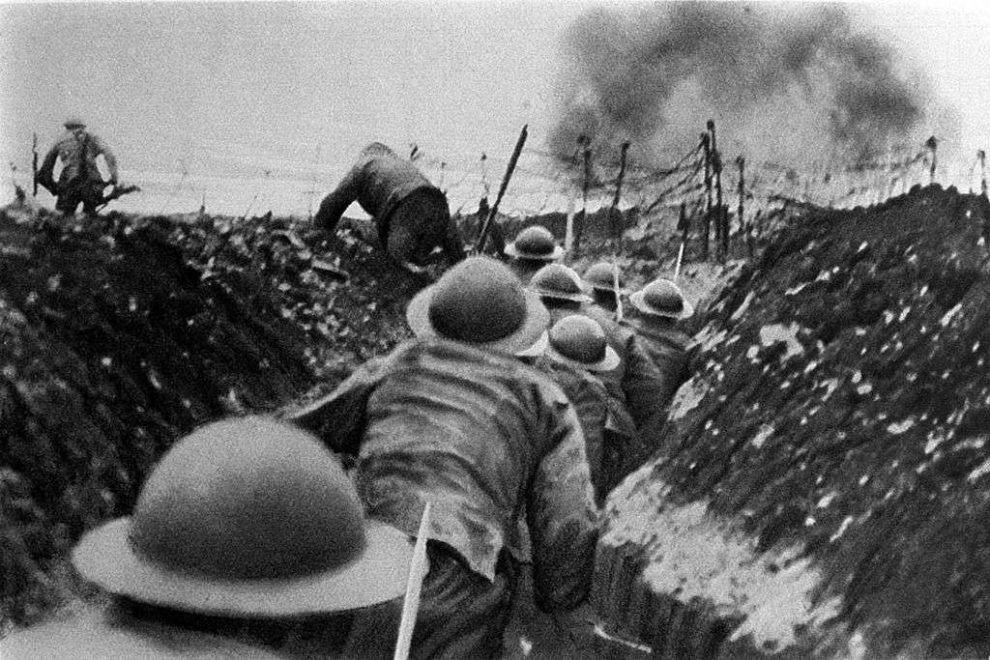The Battle of Marna River, fought in the midst of World War I, holds a significant place in military history. This decisive battle, which took place from September 6 to 10, 1914, near the city of Marna in northeastern France, had far-reaching consequences and shaped the course of the war. This article aims to provide a comprehensive overview of the Battle of Marna River, highlighting its causes, key events, and its impact on the outcome of World War I.
The Battle of Marna River occurred at a critical juncture in the early stages of World War I. Following the German invasion of Belgium and the subsequent push towards France, the Allied forces found themselves on the verge of a catastrophic defeat. The German army, under the command of General Helmuth von Moltke, aimed to achieve a swift victory and reach Paris. However, a combination of logistical challenges, strained supply lines, and a stretched-out front line exposed a potential vulnerability for the German forces.
- On September 6, 1914, the German army launched a massive offensive against the French and British forces along the Marna River. The Germans sought to break through the Allied lines and advance towards Paris.
- Despite being heavily outnumbered, the Allied forces, led by French Marshal Joseph Joffre, displayed remarkable resilience and determination. They employed strategic counterattacks, fortified their positions, and made effective use of artillery to slow down the German advance.
- The Battle of Marna River witnessed the emergence of trench warfare, a new form of warfare that characterized much of World War I. Both sides dug trenches and established fortified positions, leading to a prolonged and brutal conflict.
- By September 9, the momentum of the German offensive had weakened. The Allied forces, bolstered by reinforcements and using superior intelligence, launched a counteroffensive that caught the Germans off guard.
- Facing mounting casualties and logistical difficulties, the German army was forced to retreat. The Battle of Marna River marked a significant turning point in the war, as the German advance was halted and their hopes of a quick victory were shattered.
The Battle of Marna River had a profound impact on the course of World War I. Its consequences can be summarized as follows:
- Stalemate on the Western Front: The German retreat led to a stalemate on the Western Front, with neither side able to achieve a decisive breakthrough. This set the stage for the prolonged trench warfare that characterized the next four years of the conflict.
- The battle marked the end of large-scale mobility and maneuverability in the war. Both sides realized that entrenched defensive positions would be difficult to overcome, leading to the establishment of elaborate trench systems along the Western Front.
- The Battle of Marna River boosted the morale of the Allied forces and shattered the myth of German invincibility. It demonstrated that the war would not be a swift victory for Germany and increased the resolve of the Allies to continue the fight.
- The battle prolonged the war, resulting in tremendous human suffering and loss of life. It also set the stage for subsequent major offensives, such as the Battle of Verdun and the Battle of the Somme.
The Battle of Marna River stands as a pivotal moment in World War I, where the tide of the conflict shifted in favor of the Allies. The successful defense and counteroffensive by the Allied forces halted the German advance and laid the groundwork for the prolonged and bloody stalemate that followed



















Add Comment